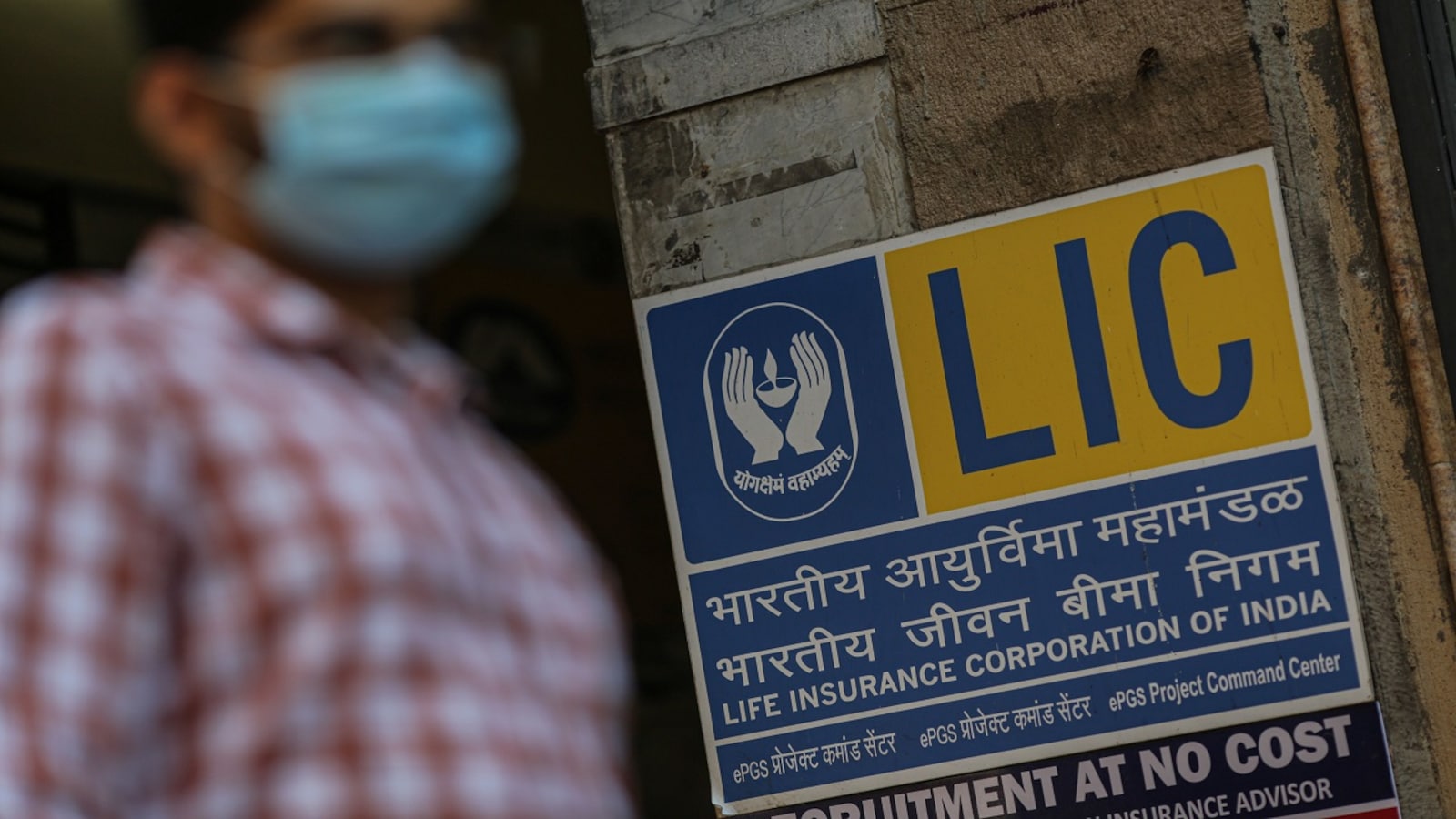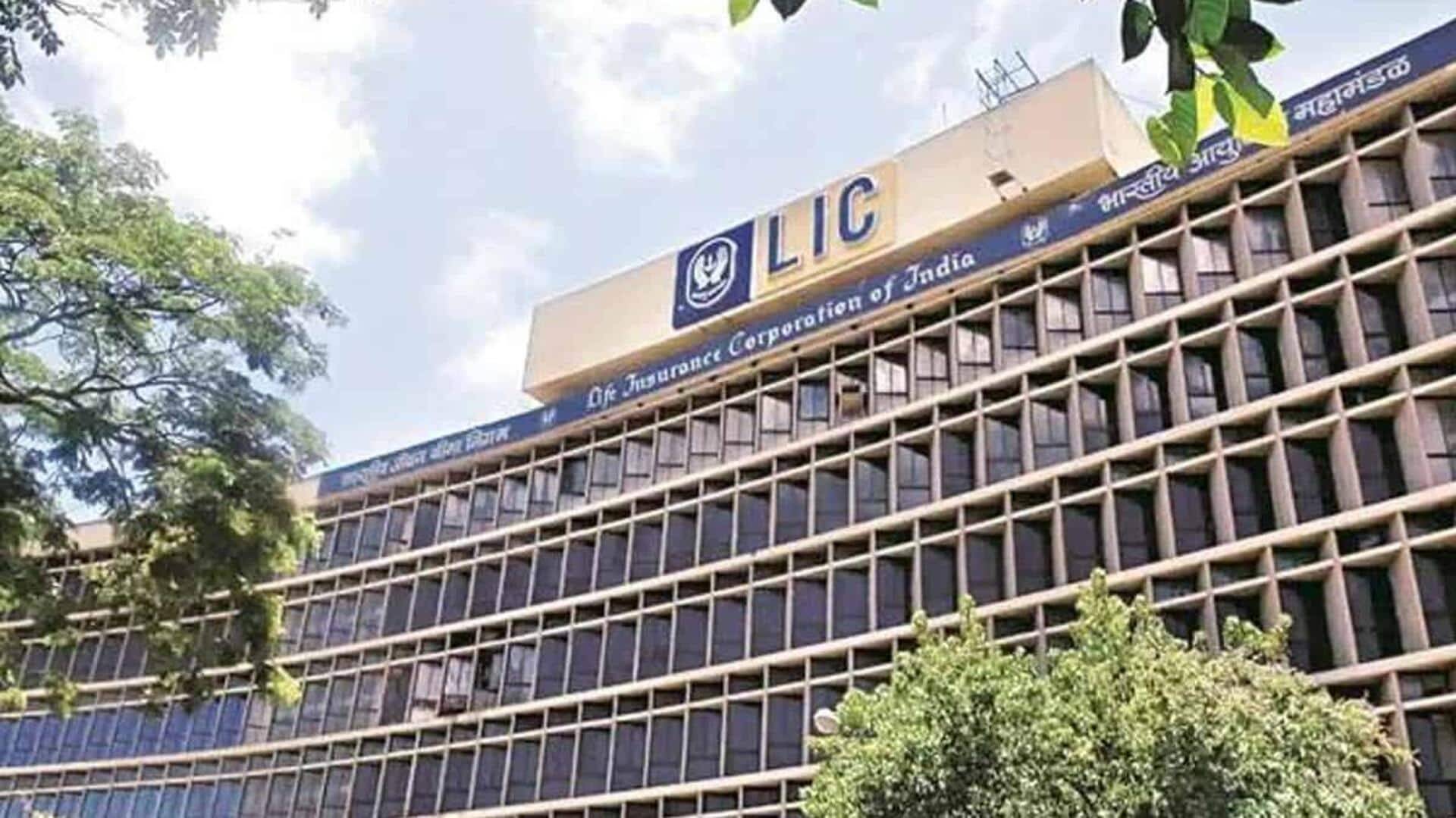Government Proposes Extension of LIC Chairman’s Retirement Age to 65 Years: Boosting Stability in Leadership

Government Proposes Extension of LIC Chairman’s Retirement Age to 65 Years: Boosting Stability in Leadership
In a move aimed at ensuring continuity and stability in leadership, the Indian government is considering extending the retirement age of the Chairman of Life Insurance Corporation of India (LIC) to 65 years. This decision, if implemented, could have significant implications for one of the country’s most prominent financial institutions.
The Ministry of Finance, Government of India, is contemplating a potential extension of the retirement age for the Chairman of Life Insurance Corporation of India (LIC) to 65 years. This proposal has garnered attention due to its potential impact on the leadership structure of LIC, the largest insurance company in India.
Steady Leadership Amidst Dynamic Times
The move to extend the retirement age of the LIC Chairman comes against the backdrop of the insurance industry’s evolving landscape and the need for consistent leadership during times of change. LIC, with its extensive network of policies and services, holds a pivotal role in the financial security of millions of Indians. In recent years, the insurance sector has witnessed significant shifts due to technological advancements, changes in consumer preferences, and global economic fluctuations. In such a scenario, having a stable and experienced hand at the helm can provide the necessary guidance to navigate these dynamic challenges.

The Power of Experience
Advocates of the proposal highlight the importance of experience in leading an organization as complex as LIC. With decades of service, an experienced Chairman can bring a wealth of knowledge and insights to the decision-making process. Insurance, being a long-term industry, requires a deep understanding of market trends, risk assessment, and regulatory changes. By extending the retirement age, the government aims to tap into the reservoir of experience that seasoned leaders bring to the table.
Public Interest and Continuity
LIC plays a multifaceted role in the Indian economy. It not only provides essential insurance coverage to individuals but also invests substantially in various sectors, contributing to the overall economic growth of the nation. Given its significant impact, maintaining leadership continuity is crucial. Abrupt changes at the top can lead to uncertainties and potential disruptions. By ensuring that the Chairman remains in office until the age of 65, the government aims to foster stability and provide a sense of assurance to policyholders and investors.
Balancing Change and Tradition
While some may view this proposal as an attempt to resist change, it is important to recognize the balance it seeks to strike between innovation and tradition. The insurance sector is evolving rapidly, with digitalization and data analytics reshaping customer interactions and business processes. However, amidst this transformation, certain fundamental principles remain unchanged – principles that experienced leaders can uphold. The proposal acknowledges the need for modernization while also valuing the wisdom that comes with age and experience.
A Contemplated Decision
It is worth noting that the proposal to extend the retirement age of the LIC Chairman is still under contemplation. The Ministry of Finance is likely to engage in comprehensive discussions and evaluations before arriving at a final decision. The viewpoints of various stakeholders, including experts from the insurance industry and financial analysts, will play a pivotal role in shaping the outcome of this proposal.
International Precedents
This potential change in retirement age aligns with international practices in the financial sector. Several countries have recognized the value of experience in leadership positions and have extended retirement ages in various financial institutions. These decisions are often driven by the need for stability, especially during times of economic uncertainty.
Public Perception and Accountability
As with any proposal of this nature, public perception and accountability play significant roles. LIC operates as a public entity and serves the interests of millions of policyholders. Therefore, any decision regarding its leadership is likely to be scrutinized closely. The government will need to ensure that the proposal is communicated transparently, addressing any concerns about the extension’s impact on succession planning and the potential delay in introducing fresh perspectives.

Conclusion
The potential extension of the retirement age for the Chairman of LIC to 65 years is a decision that reflects the government’s intention to balance stability with change. As the insurance landscape continues to evolve, having an experienced leader at the helm can provide the necessary guidance to navigate uncharted waters. However, the proposal also needs to be assessed in the context of modernization and the incorporation of innovative strategies to address the challenges of the future.
In the coming weeks, as discussions unfold and stakeholders share their insights, a clearer picture of the government’s decision-making process will emerge. Whether this proposal comes to fruition or not, it raises important questions about leadership, experience, and adaptability in a sector that plays a vital role in safeguarding the financial well-being of the citizens of India.




